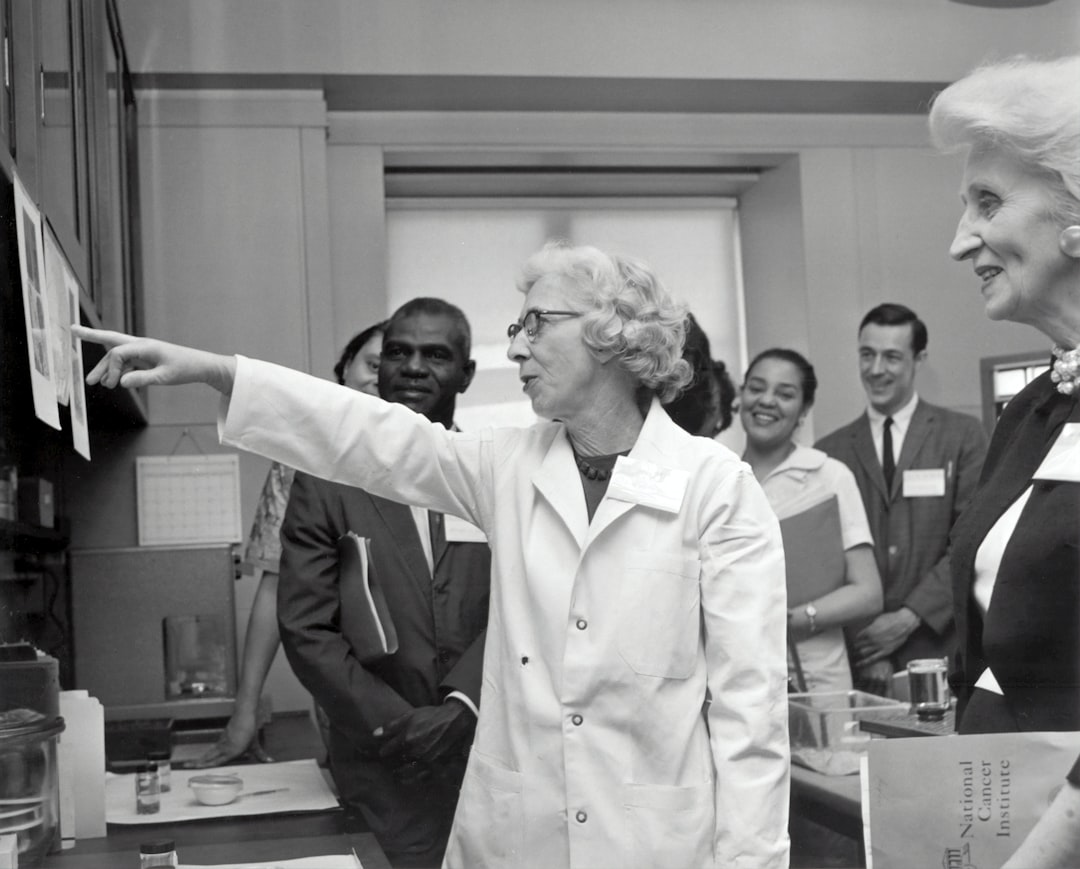What is it about?
In decision science, many researchers have used the binary choice task in which two objects are presented as alternatives (e.g., “Which city has the larger population, city A or city B?”). However, objects can be presented not only as alternatives but also in a question (e.g., “Which country is city X in, country A or country B?”). In such a situation, people can make inferences based on the relationship between the object in the question and each object given as an alternative.
Featured Image

Photo by Girl with red hat on Unsplash
Why is it important?
To the best of our knowledge, the present study was the first to examine inference processes focusing on a task structure, in particular a structure with a third, non-alternative object. Using a new type of binary choice task—“relationships-comparison task”—we were able to propose a new heuristic of “familiarity-matching” and examined its ecological rationality using environmental structure analyses. Main findings: (a) people tended to rely on heuristics, and that familiarity matching (FM; inferences based on similarity in familiarity between objects) well explained participants' inference patterns; (b) FM could work as an ecologically rational strategy for the relationships–comparison task since it could effectively reflect environmental structures, and that the use of FM could be highly replicable and robust; and (c) people could sometimes use a decision strategy like FM, even in their daily lives (consumer behaviors).
Perspectives
As a take-home message of this study, researchers should pay more attention to a task structure as a context blade of Simon's scissors in order to investigate further cognitive processes such as a new understanding of heuristics and the use of inference strategies for tasks.
Masaru Shirasuna
Read the Original
This page is a summary of: Familiarity‐Matching: An Ecologically Rational Heuristic for the Relationships‐Comparison Task, Cognitive Science, January 2020, Wiley,
DOI: 10.1111/cogs.12806.
You can read the full text:
Contributors
The following have contributed to this page










